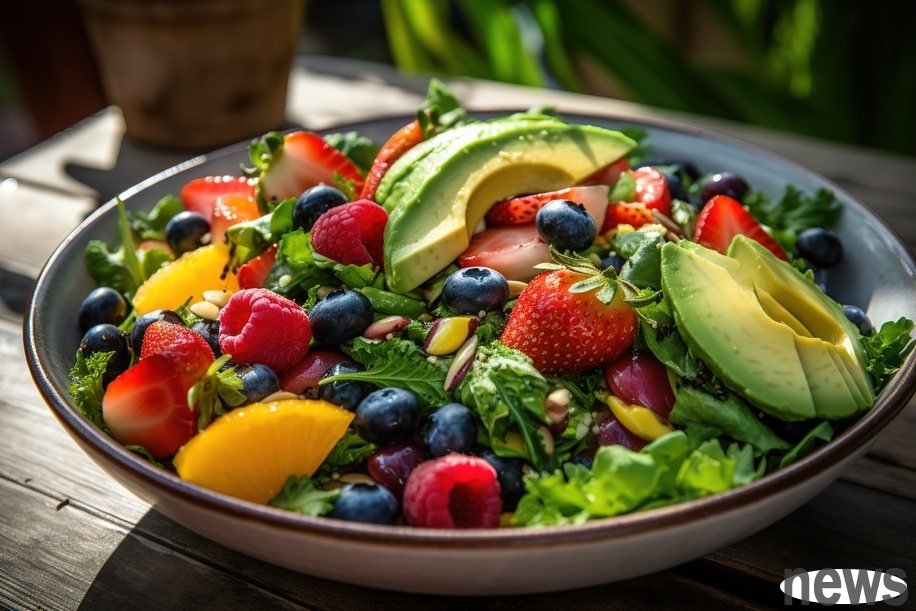
The American Environmental Working Group (EWG) announced the 2025 fruit and vegetable and agricultural medicine retention rankings. Spinach is listed as the most polluted vegetable in agriculture, and blackberries and potatoes are newly listed; pears, corn and avocados are ranked among the top few of the cleanest fruit and vegetables. Reported that the toxicity indicators of agricultural drugs were included for the first time, and the retention and health risks were severe. Studies have shown that high-agricultural medicines have a risk of affecting cardiovascular, hormones and reproductive health, and are more harmful to pregnant women and young people. EWG calls for clear choices of fruits and vegetables, non-organic and low-risk options.
The United States Environmental Work Organization (EWG) recently released the 2025 edition of the "Shopper's Agricultural Medicine Guide", revealing the merchandise preservation of common fruits and vegetables on the market, and helping consumers make healthier choices. Based on the results of the US Department of Agriculture’s 2021-2022 inspection results of more than 40,000 samples, the report lists "12 most dirty fruits and vegetables" and "15 most clean fruits and vegetables", and includes the "agricultural drug toxicity" assessment for the first time. It emphasizes that agricultural drugs are not only important for retaining amounts, but also consider their actual damage to humans.
Dirty fruits and vegetables: Spinach crown, blackberry and charcoal are newly listed on the list
Among the top 12 most polluted agricultural medicines, spinach is the top, followed by strawberries, kale and mustard greens, grapes, peaches, peaches, nectarines, pears, apples, blackberries, blueberries and charcoals. 93% of the blackberry samples contain multiple agricultural medicines, with an average of 4 species per sample. Potatoes generally detect chlorpropylamine. This drug that prevents germination has long been banned by the European Union, but the United States still allows it to exist in food.
The cleanest fruits and vegetables: pears, avocados, and corn are among the top. Bananas are on the list for the first time.Relatively, the 15 lowest-retained fruits and vegetables in agricultural medicine include pears, corn, avocados, papaya, yam, cold sweet peas, yam, kale, watermelon, cauliflower, bananas, mangoes, red yam, mushrooms and strange fruits. Nearly 60% of the samples did not detect any agricultural medicine. Bananas that made the list for the first time were also rated as one of the least toxic fruits.
Non-organic options also have safe choicesAlthough organic fruits and vegetables are an effective way to reduce agricultural intake, EWG pointed out that "the 15 most cleanest fruits and vegetables" are mostly non-organic products and are still safe. If organic food is not available, choosing these fruits and vegetables is a wise alternative.
Agricultural drugs risk affects health, especially attention should be paid to children and pregnant women. Research pointed out that long-term consumption of high agricultural drugs to preserve fruits and vegetables may reduce cardiovascular protection, harm reproductive health, and increase the risk of diabetes and breast cancer. EWG's special emphasis on agricultural medicines can cause greater potential harm to young people and pregnant women, and call on consumers to pay attention to daily choices.EWG emphasizes that this guide does not make people afraid of fruits and vegetables, but provides information to help the public "clear choice". Regardless of whether it is an organic source, fruits and vegetables are still the cornerstone of healthy diets. The key is to choose those with lower risks, especially for children, pregnant women and weaker immunity.
